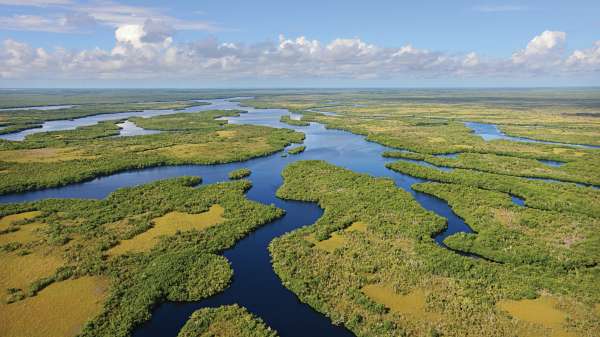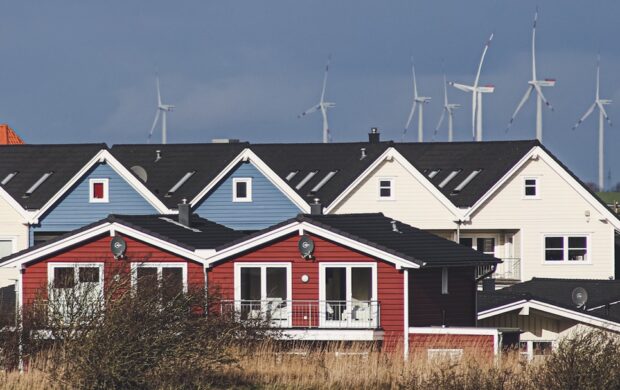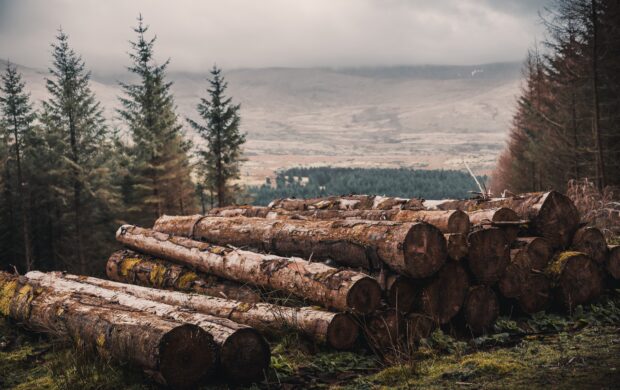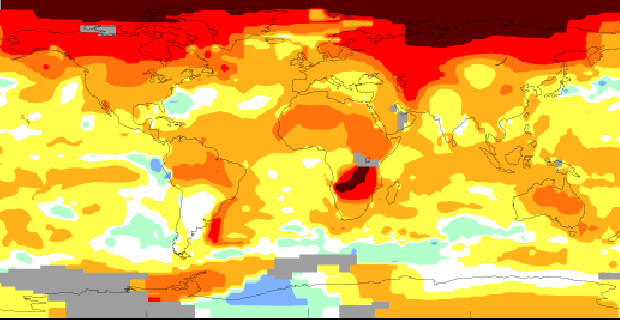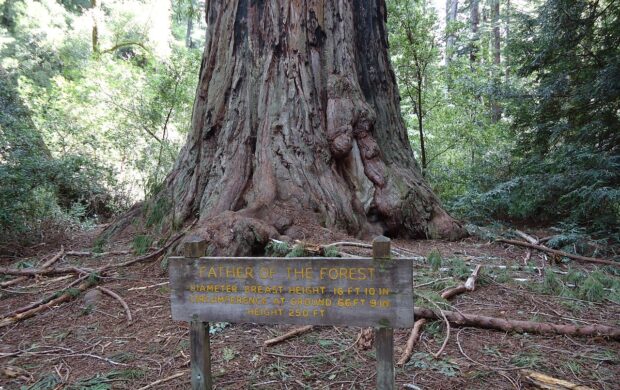The state of Florida has purchased 20,000 acres of the Everglades, a wetlands conservation area, to save it from oil drilling. The agreement with Kanter Real Estate, which has owned the land for over 50 years, is worth $16.5 million. The deal comes after a court overturned the Florida Department of Environmental Protection’s decision to deny the Kanter family a permit to drill for oil on their land.
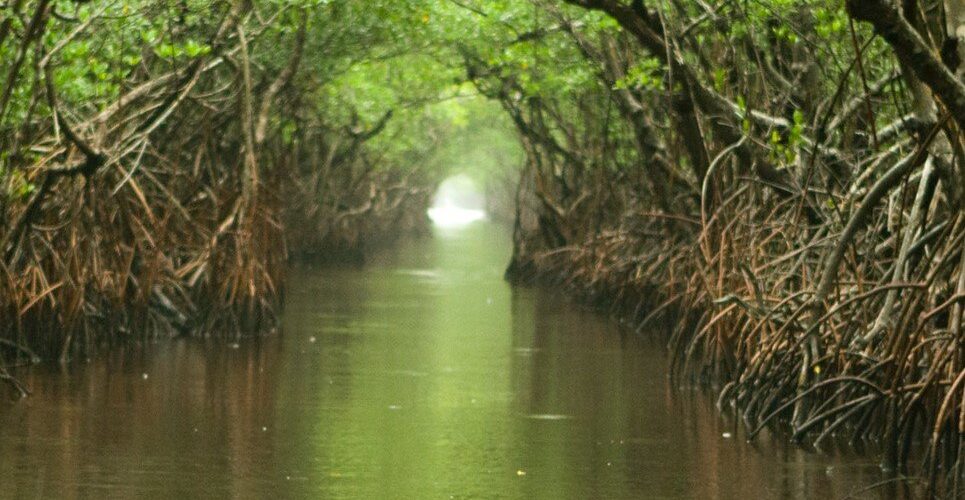
Not only will public ownership of the land prevent oil drilling indefinitely, it will also protect more than 60 endangered and threatened species and a source of drinking water for millions of people.
Protecting the water source was a key motivation in the purchase for Florida’s Governor Roy DeSantis: in 2019, he signed an Executive Order for a $2.5 billion investment in the restoration of the Everglades and protection of water resources.
